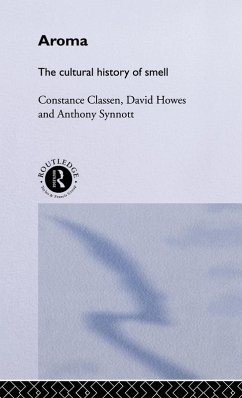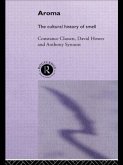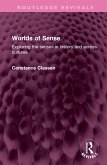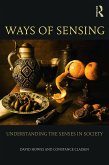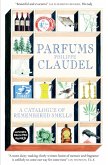Smell is a social phenomenon, given particular meanings and values by different cultures. Odours form the building blocks of cosmologies, class hierarchies, and political odours. They can enforce social structures or transgress them, unite people or divide them, empower or disempower. The authors argue that the sociology of smell is repressed in the modern West, and its social history ignored. This book breaks the "olfactory silence" of modernity. It offers the first comprehensive exploration of the cultural role of odours in Western history - from antiquity to the present. It also covers a wide variey of non-Western societies. Its topics range from the medieval concept of the "odour of sanctity", to the aromatherapies of South America, and from olfactory stereotypes of gender and ethnicity in the modern West to the role of smell in postmodernity. Its subject matter will fascinate anyone who likes to nose around in the inner workings of culture.
`One of the most common ritual uses of odour across cultures is to combat illness,' write the authors of Aroma' - Glasgow Herald
`Aroma is a fund of stimulating stories and has obviously been well researched.' - Times Higher Educ Supplement
`Aroma is a fund of stimulating stories and has obviously been well researched.' - Times Higher Educ Supplement
`One of the most common ritual uses of odour across cultures is to combat illness,' write the authors of Aroma' - Glasgow Herald
`Aroma is a fund of stimulating stories and has obviously been well researched.' - Times Higher Educ Supplement
`Aroma is a fund of stimulating stories and has obviously been well researched.' - Times Higher Educ Supplement

